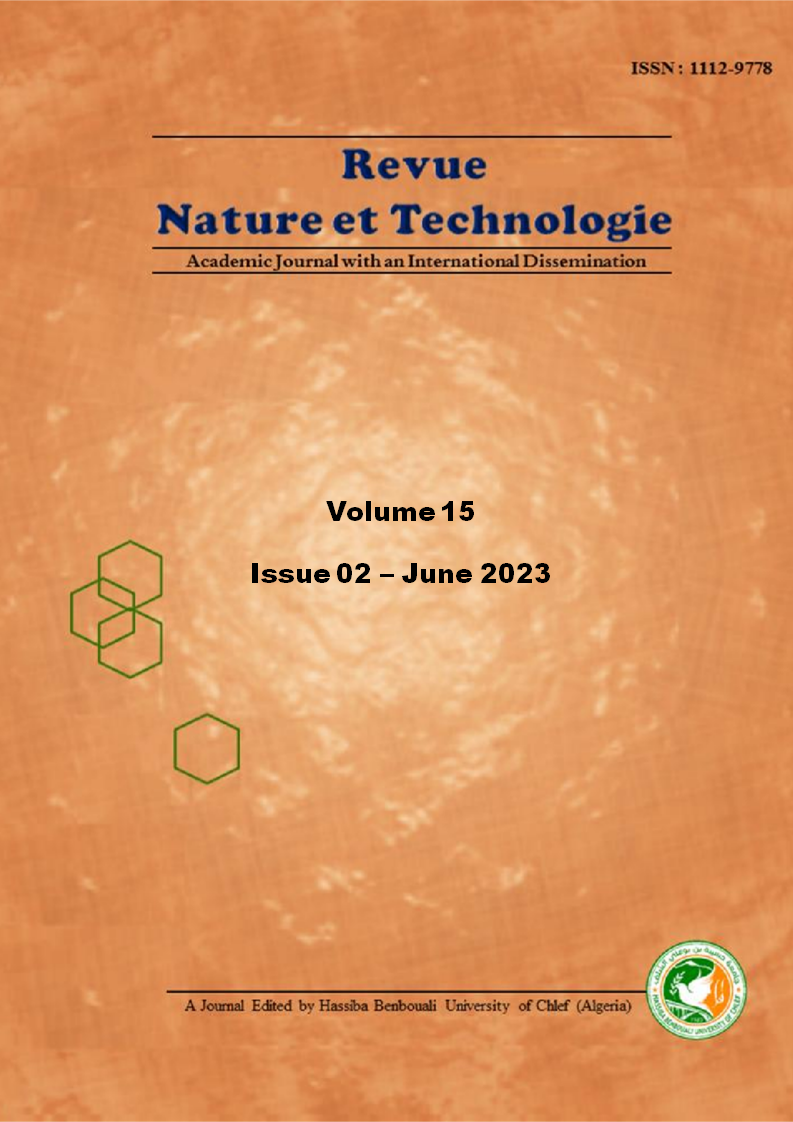Impact of the regression of rangelands on the evolution of breeding systems in Northwest Tunisia
Abstract
The pastures of northwestern Tunisia have undergone several changes over the last decades. The main results are the decrease in rangelands, the increase in the total animal load, the increase in the cultivated land, the increase in the production costs particularly the purchase of concentrated feeds, and the low subsidies from the state. All these factors are changing the livestock system, mainly dairy cows. The present study, therefore, sought to characterize farm household systems that seem to be currently adapted in the Sejnane plain using a typology. We focus on understanding the variables that contribute to raising farmers' choice of breeding system in the study area. We interviewed 44 farmers. Furthermore, we analyzed their responses using descriptive statistics, ascending hierarchical classification AMP and principal components analysis PCA. The results show that four types of livestock systems could be characterized, depending on pasture and production. Moreover, they suggest that landless pastoralists are more vulnerable than agro-pastoralists.

Downloads
Published
How to Cite
Issue
Section
License
Copyright (c) 2023 Revue Nature et Technologie

This work is licensed under a Creative Commons Attribution 4.0 International License.
- All publications of "Nature & Technology Journal" are available under CC-BY Creative Commons Attribution 4.0 International which allows sharing, copying, reproduction, distribution, communication, reuse, adaptation by all means, in all formats and under all licenses.
- Any exploitation of the work or derivative works, including for commercial purposes, is possible. The only obligation is to credit the creators of the authorship of the original works, to indicate the sources and to indicate if modifications were made to the works (obligation of attribution).
This License gives:
- Nature & Technology Journal the right to develop, promote, distribute and archive the article set cited above (including, without limitation, the right to publish the work in whole or in part in any form whatsoever) and ensure the widest dissemination.
- The author (s) reserves the right to use all or part of this article, including tables and figures of his own works, providing that the appropriate recognition is given to the publisher as the holder of the copyrights, and the right to make copies of this article for its own use, but not for sale.




